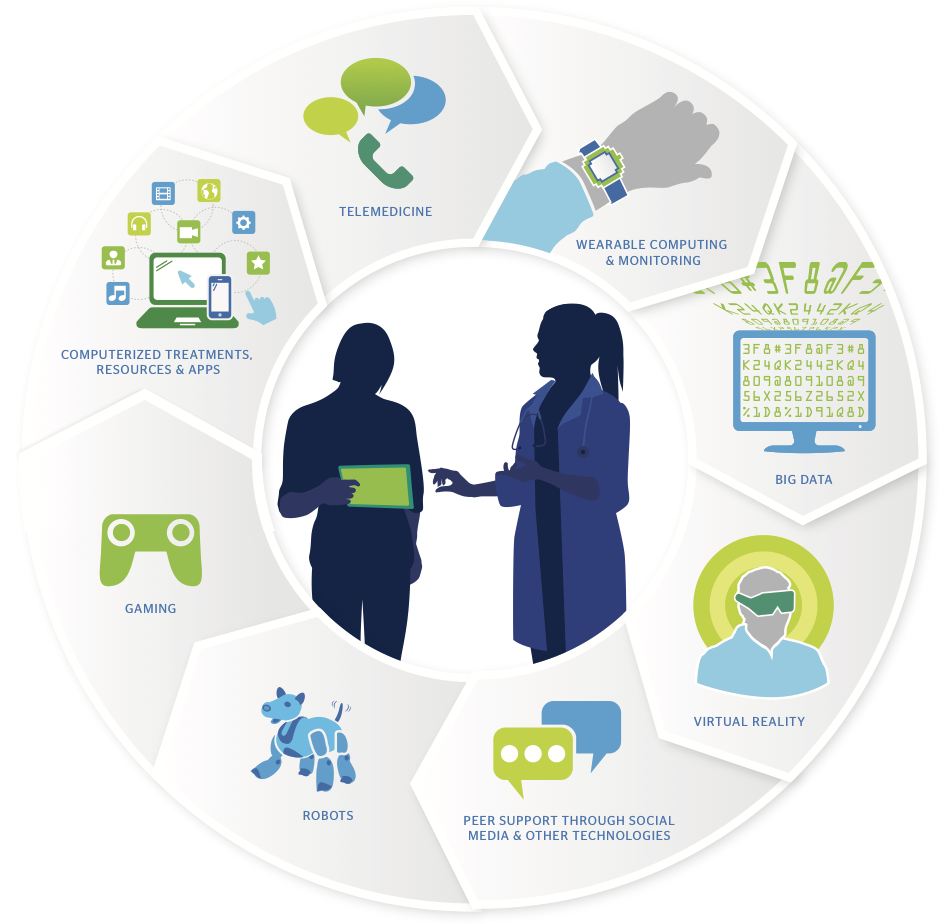I hate to admit it to you all, but some days (most days) I’m faking it all. And the only reason I’m having guilt about telling this to the public is that I feel bad for those[…]
Trauma-Informed Care is a relatively recent concept that is growing in acceptance. In contrast to other kinds of care, it starts with the assumption that the person receiving care (counseling, therapeutic, medical, etc.) has experienced trauma. Therefore,[…]
We previously wrote about a study of e-mental health technologies by the Mental Health Commission of Canada (MHCC). The technologies that are considered in the report include mobile apps, social media, wearable devices, robots, telemedicine, big data,[…]
Nearly 80% of the Canadian population has access to the Internet, which is a much larger percentage than those who would be able to access various kinds of professional support or treatment. Issues such as region, profession,[…]
The Mental Health Commission of Canada was created by the federal government to support federal, provincial, and territorial governments and non-governmental organizations to implement sound public policies for mental health. It was created in 2007 following the first-ever national[…]
Over 60% of people with a mental illness refuse to seek treatment. Why are they so unwilling to seek help? If someone has a broken leg, they wouldn’t hesitate to go to a doctor. As well, mental illness[…]






Recent Comments